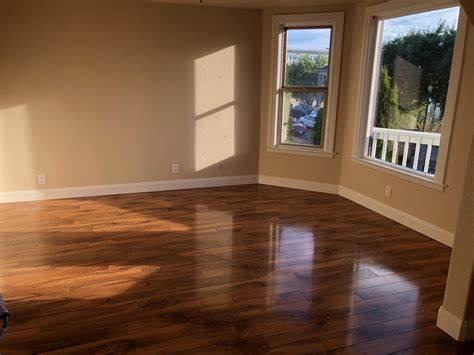Buying a home is one of the biggest economic decisions of most people in their lives. Those who want to buy a house by themselves prefer to choose a home loan, but getting a home loan is not as easy as people say. Many people do not know all the formalities that need to be fulfilled in order to obtain a home loan approval. Individuals applying for a home loan for the first time should be aware of many things, such as interest rates, credit scores, certain fees associated with home loans, documents, etc.
Buying a home is a one-time decision, which makes it very important to choose the right home loan product in the market. Before choosing the right home loan program for you, you should understand the basic components of a home loan. Before applying for a home loan, you should consider some of the most common issues:
Credit score
Credit scores are one of the most important and important factors that banks consider before making loans to customers. Therefore, anyone wishing to obtain a home loan should maintain a good credit score because it is necessary to apply for any type of loan within the banking department. Therefore, it is important to have a CIBIL score of over 750, to get a home loan and get a better interest rate on your home loan. Maintaining a good credit score is not difficult and can be done by paying your credit card and existing loans in a timely manner without failing.
Interest rate
Everyone should check and consider the home loan interest rates of several banks and financial institutions. Anyone who wants a home loan should compare different lenders to get the lowest interest rate. Before that, people should understand the different types of interest rates. There are two types of interest rates: floating rates and fixed rates. At the fixed home loan rate, EMI did not change during the housing loan period. However, at floating rates, interest rates are calculated based on MCLR and change over time, which proves to be beneficial because interest rates are expected to decline in the future.
You should always like floating rates rather than fixed rates, because if you choose a fixed rate, your monthly EMI will be higher, even if the fixed rate has an attractive offer. Fixed interest rates are accompanied by fixed liabilities and foreclosure fines. Floating interest rates change over time and can help you save on interest, other expenses and monthly EMI.
Housing loan term
Every individual who wants to apply for a home loan should decide the term of the home loan before applying for a home loan. Your home loan EMI is directly dependent on your home loan term. Banks tend to choose home loan applicants with shorter repayment periods. A short repayment period is also beneficial to you as it reduces the interest burden on your EMI home loan. As your term is shortened, your monthly installment will increase, but in the end it will help you lower your home loan costs.
Processing fee
The handling fee is the fee that any home loan borrower needs to pay to the lender after accepting the home loan application. In general, different banks or financial institutions charge up to 1% of the loan payments they make. You need to search for the right bank that charges a low processing fee or a negligible processing fee.
Monthly supply
The equal monthly installment payment is the amount that the borrower needs to pay to repay the home loan each month. The monthly equal installment amount depends on you. The amount of EMI also depends on the down payment you paid when you purchased your home. The more down payment you pay, the less pressure on the unpaid amount, which translates into EMI. It is always recommended to ensure that your EMI amount does not exceed 45% of your total income. You can calculate EMI through the Home Loan EMI Calculator.
Home loan document
Before applying for a home loan, you should carefully read the terms and conditions of your bank or financial institution before signing a document related to your home loan. You should be aware of the different charges, fees and penalties mentioned in your home loan document.
Pay in advance
In general, when you use any home loan, you need to pay 10% to 15% of the total home loan as a down payment. The rest of the home loan amount will be converted to your home loan EMI and you will need to pay monthly. If you have extra cash available, you can increase the down payment because it will help you save interest in future payments.
Additional fees
In addition to your home loan EMI, banks and financial institutions can charge any additional fees at the time of application. Make sure you discuss these costs with your bank or financial institution in advance.
Prepaid penalty
According to the recent guidelines of the Reserve Bank of India, no bank or financial institution should charge a prepayment penalty. There is no penalty for early repayment, you can freely pay the remaining cash at any time after you have obtained a home loan.
Foreclosure standard
Cancellation of home loan redemption means repayment of outstanding payments before the end of the home loan term. The sooner you repay your home loan, the less interest you pay. Banks are usually charged a forehold when they repay their home loans before the end of their term. Your bank or financial institution will not charge any foreclosure fines due to the floating interest rate on your home loan.
Before you apply for a home loan, keep in mind the above points, which are critical to using a home loan product that suits your needs.
Before availing a home loan : things you have to keep in mind
Find More




